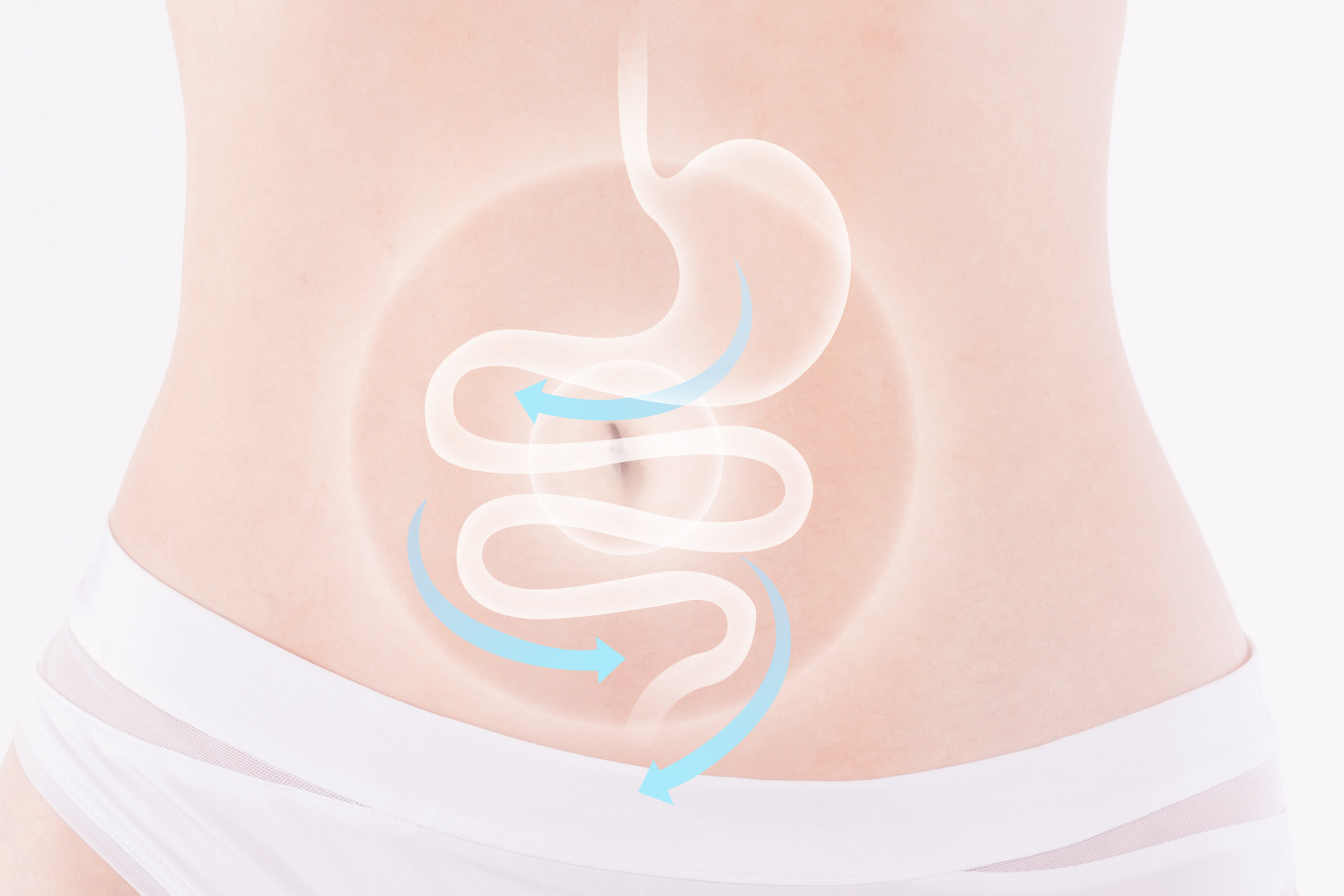Hawthorn leaf is used in traditional Chinese medicine for Qi stagnation and blood stasis, chest tightness and pain, shortness of breath, palpitations and forgetfulness, dizziness and tinnitus, and hyperlipidemia. Brewing hawthorn leaf tea can also help with constipation and weight loss!
Recipe for Hawthorn Leaf Tea
Ingredients: 5g hawthorn leaf, 5g green tea
Method: Put the hawthorn leaf and green tea into a large covered cup, rinse with boiling water once. Then steep with boiling water, cover, and let it sit for 15 minutes before drinking.
Usage: Drink as tea, and it can be brewed 3 to 5 times.
Effects: It has a cooling and soothing effect on the throat, with a pleasant taste. It can help lower blood lipids and promote bowel movement. Hawthorn leaf can be paired with green tea to have a heat-clearing and detoxifying effect, as well as lowering blood lipids and moisturizing the intestines. It is a good choice for people with high triglycerides and constipation.
Characteristics of the Herb
Hawthorn leaves are usually broken, and when unfolded, they are wide ovoid in shape, 6 to 12cm long and 5 to 8cm wide, green to brownish yellow in color.
The apex is gradually pointed, the base is wide and wedge-shaped, with 2 to 6 pinnate lobes, and the edges have sharp serrations. The petiole is 2 to 6cm long, and the leaflets are ovate to lanceolate.
It has a slight aroma and a slightly bitter taste.
Growing Environment
1. Shanlihong: It grows on sandy slopes, riverbank forests, and is often cultivated in the northern region. It is distributed in Northeast China, North China, Northwest China, Shandong, Jiangsu, Henan, and other places.
2. Hawthorn: It grows on slopes and riverbank shrubs. It is often cultivated in the northern region. It is distributed in Northeast China, North China, and Shaanxi, Jiangsu, Henan, and other places.












